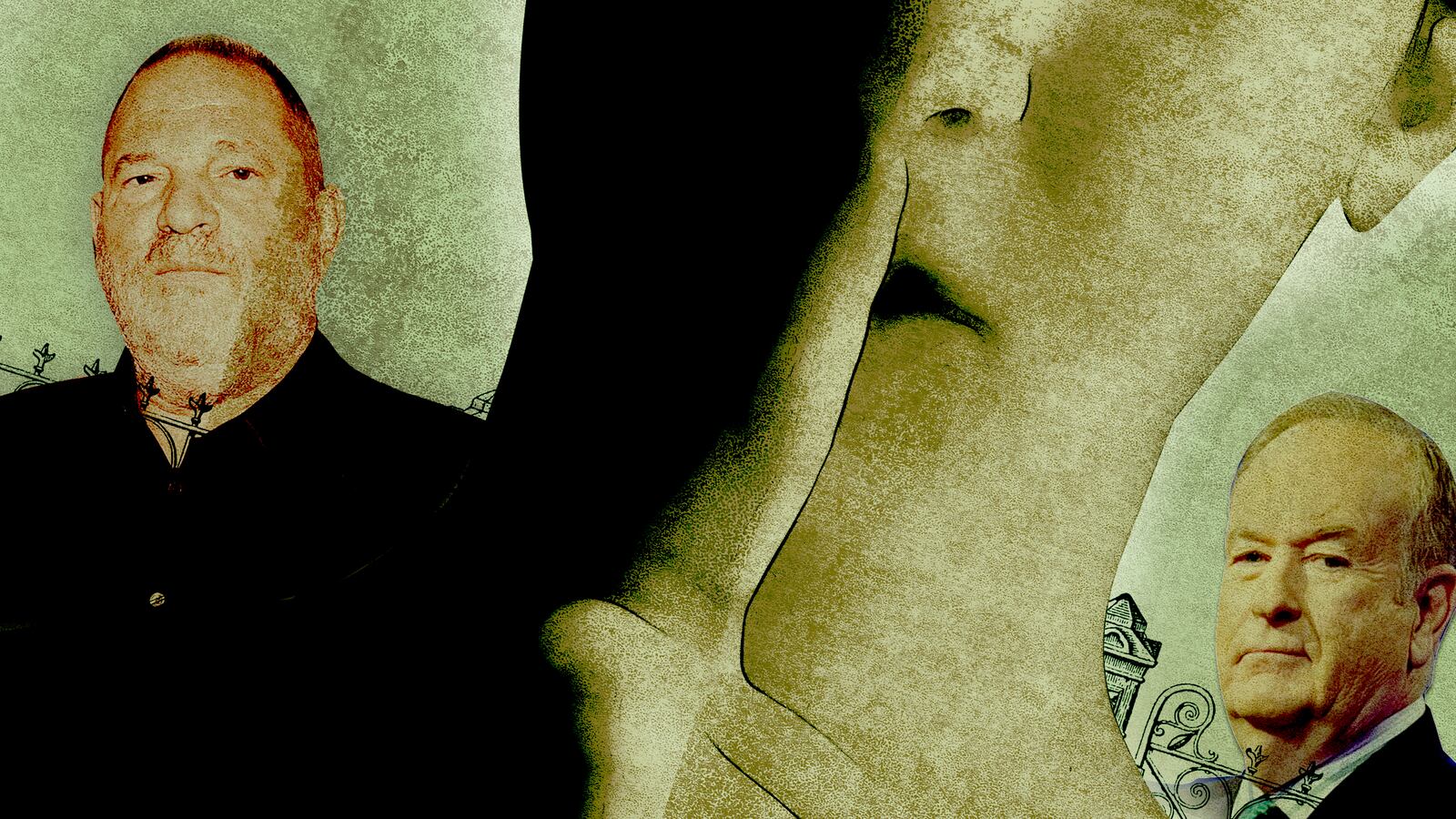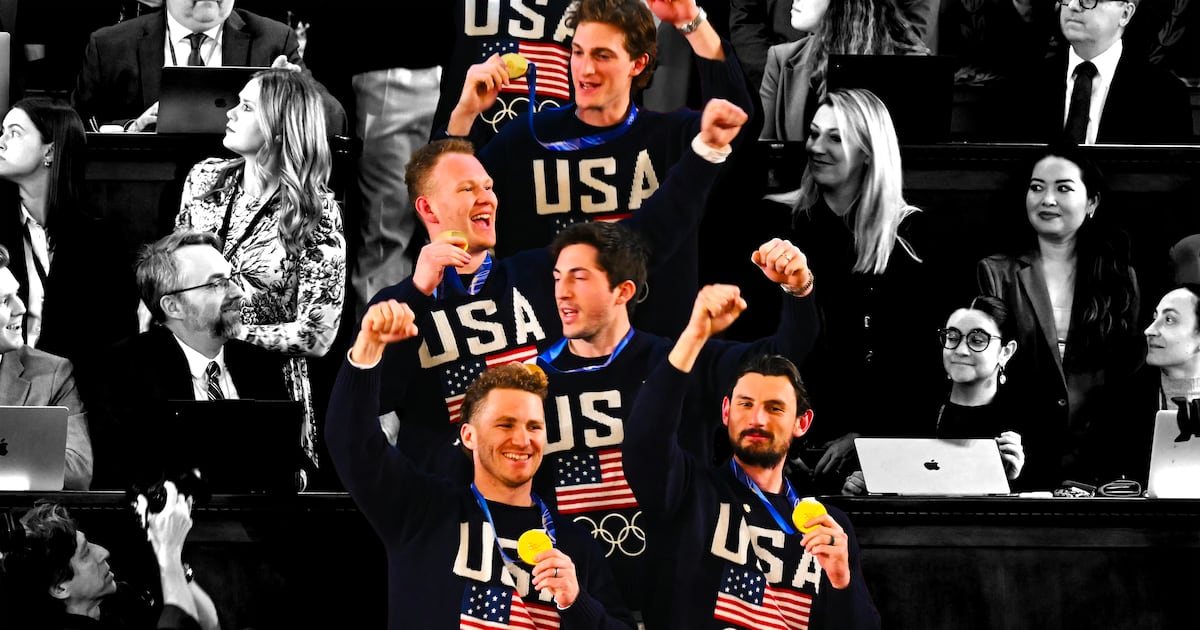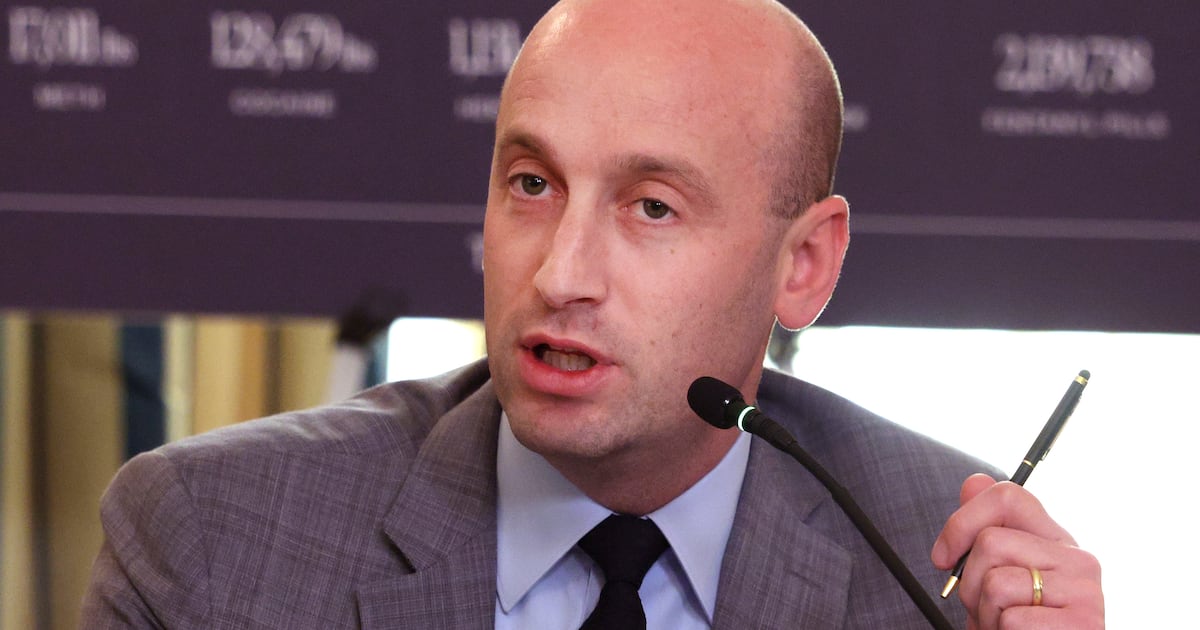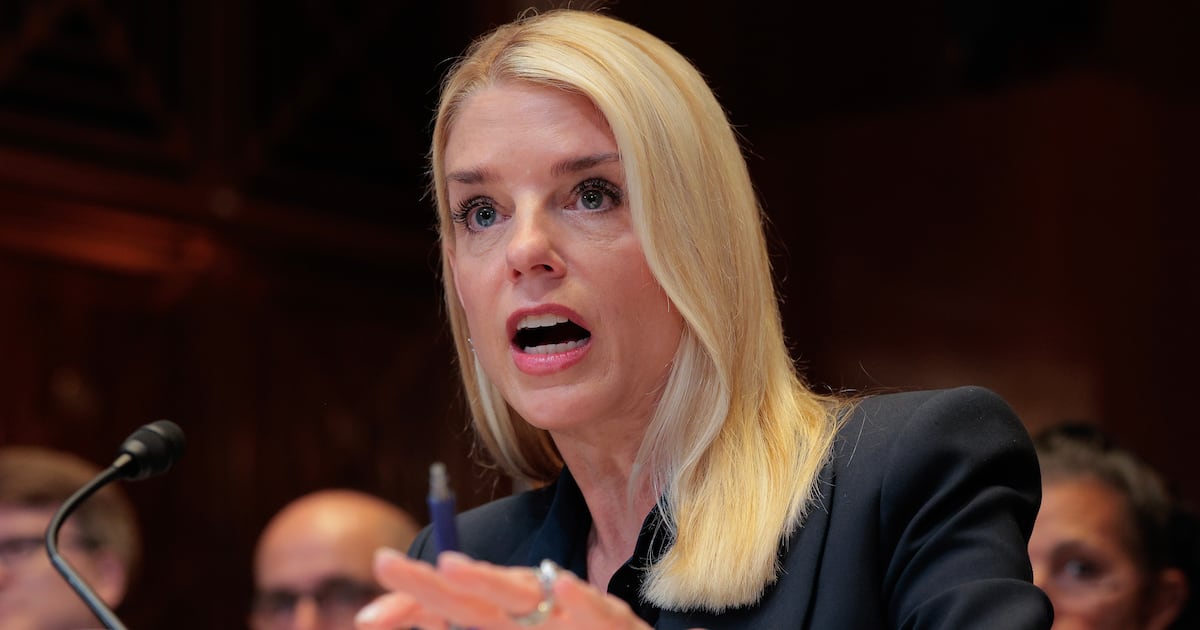The revelation that Fox News host Bill O’Reilly paid $32 million to a network employee to settle a sexual harassment accusation, at least his six sexual harassment settlement in the past decade totaling $45 million, is stunning news, especially since Fox then rehired O’Reilly with a four-year extension paying $25 million a year. The O’Reilly scandal, coming a few months after Fox fired its News chairman Roger Ailes for his serial sexual harassment of Fox employees, and amidst the firestorm surrounding the wave of public accusations of sexual harassment against Hollywood mogul Harvey Weinstein, has focused public attention on the ability of wealthy and powerful people to commit repeated acts of sexual harassment for decades with impunity.
Interestingly, while much of the public outcry has focused, correctly, on the people who knew about the predatory sexual behavior but didn’t speak out, there is another enabler of the sexual harassment that hasn’t been mentioned, but should be: the legal system. Indeed, one of the most disturbing features of our legal system is the way it has been used by sexual predators to shield themselves from legal liability. They pay off their accusers and then make them sign confidentiality agreements to keep the accusations secret.
Why does the legal system tolerate secrecy to protect powerful and wealthy people from legal liability? Why does the legal system allow powerful and wealthy people to buy off accusers, including with accusations of rape, with huge monetary payments and then insulate themselves from legal accountability by forcing the accuser as a condition of the settlement to keep the accusation secret? Using hush money to buy silence and then keep the agreement secret is legal in most jurisdictions. But it’s a corrupt arrangement nonetheless. It resembles bribery and blackmail. It obstructs the ability of the justice system to root out dangerous offenders, allows the offender to continue to prey on victims, and corrodes the public’s perception that the justice system is fair and impartial. This is why hush money and secret settlements should be outlawed.
If O’Reilly, Weinstein or anyone else paid a cop $10 not to issue them a parking ticket, they could go to jail for seven years. Public corruption of course is obnoxious to the rule of law and the sanctity of our justice system. But so is serial sexual misconduct that remains a secret and allows the predator to repeat his misconduct as long as nobody blows the whistle.
Although commonplace, confidentiality clauses — like the ones signed by the Trump children and people suing them over their SoHo hotel — can have dangerous consequences. More than a dozen states (not including New York) bar confidentiality clauses in settlement agreements involving so-called “public hazards.” The obvious purpose of these laws is to prevent settlements from hiding from the public important information about dangerous conditions and people. For example, in those jurisdictions prohibiting confidentiality clauses in a settlement of a workplace sexual harassment lawsuit, the concealment of facts about a serial sexual harasser would be void and unenforceable. By contrast, New York does allow such secrecy. Why wouldn’t secrecy clauses based on public hazards reasonably apply to serial sexual harassers like Weinstein, Ailes, and O’Reilly? These people clearly represent a public hazard not just to the person who is the target but to colleagues, co-workers, and the public.
Secrecy clauses that cover sexual assault and child sexual abuse would seem to be just the type of agreement that laws should explicitly make invalid as contrary to the public interest. Indeed, California last year enacted just such a statute that prohibits confidentiality clauses in civil lawsuits involving felony sexual assaults and child sexual abuse, and which subjects an attorney who violates the statute to professional discipline. Buying silence is akin to witness tampering, which is unlawful in virtually every jurisdiction.
An argument could be made that buying off a victim of sexual abuse is not witness tampering because there is no official proceeding yet, and the victim is not yet in a position to give testimony. But that is an unduly cramped reading of the statute. It would be difficult to claim that paying hush money to persuade a victim or the victim’s family not to report the commission of a crime such as rape or child sexual assault is somehow exempt from the witness tampering law. Such conduct seems clearly within the language of the statute and with the witness’s cooperation could be prosecuted.
Silencing accusers is also an obstruction of justice. Consider the $32 million agreement between O’Reilly and his accuser Lis Wiehl, a network analyst, who claimed that O’Reilly repeatedly harassed her for years, engaged in a nonconsensual sexual relationship, and sent gay pornography and other sexually explicit material to her. To ensure her silence the agreement required that she be paid over a period of time, and that all photos, text messages, and other communications between the two would be destroyed. O’Reilly was fired after the network learned that federal investigators were investigating the network and had demanded documents related to the Ailes and O’Reilly cases. It is not known what crimes the federal authorities are investigating.
An argument could be made that some victims will gladly accept the hush money and would prefer to have secrecy and anonymity in their settlement agreement. These victims may likely worry that without confidentiality a vindictive predator might try to destroy their reputation and make it difficult to find future employment. The secrecy of the settlement protects them from these dire consequences, they may say. Also, disclosure of the amount of the settlement may also lead to negative publicity about the victim. But it doesn’t always happen that way. Indeed, after her secret settlement with Weinstein, Ambra Battilana, the model who is alleged to have been sexually abused by Weinstein in New York, claims she has struggled to find work in Italy and that the fashion world has closed its doors to her.
There is some basis for the claim that confidentiality agreements may sometimes benefit victims of sexual abuse. This may be their only means to obtain some redress for the harm the abuser caused them. That’s certainly not an insignificant consideration, especially given the uncertainties of civil litigation generally and the reluctance of some prosecutors to bring criminal charges, as seen in the failure of Manhattan District Attorney Cy Vance to bring charges against Weinstein. But the benefit to the victim has to be balanced against the danger to the public, and the compelling public interest in exposing sexual predators. Concealing the identity and conduct of a serial sexual predator has to be weighed against the likely harm to future victims as well as the public’s perception that wrongdoers with wealth and influence can readily buy their way out of criminal and civil liability. Getting away with crime is not something that instills public confidence is the justice system.
Secrecy sometimes is necessary, such as protecting national security and public safety. But secrecy is dangerous when it protects private wrongdoing such as sexual assault. Here secrecy is inconsistent with the rule of law and the ability of the justice system to operate fairly, impartially, and equitably.






